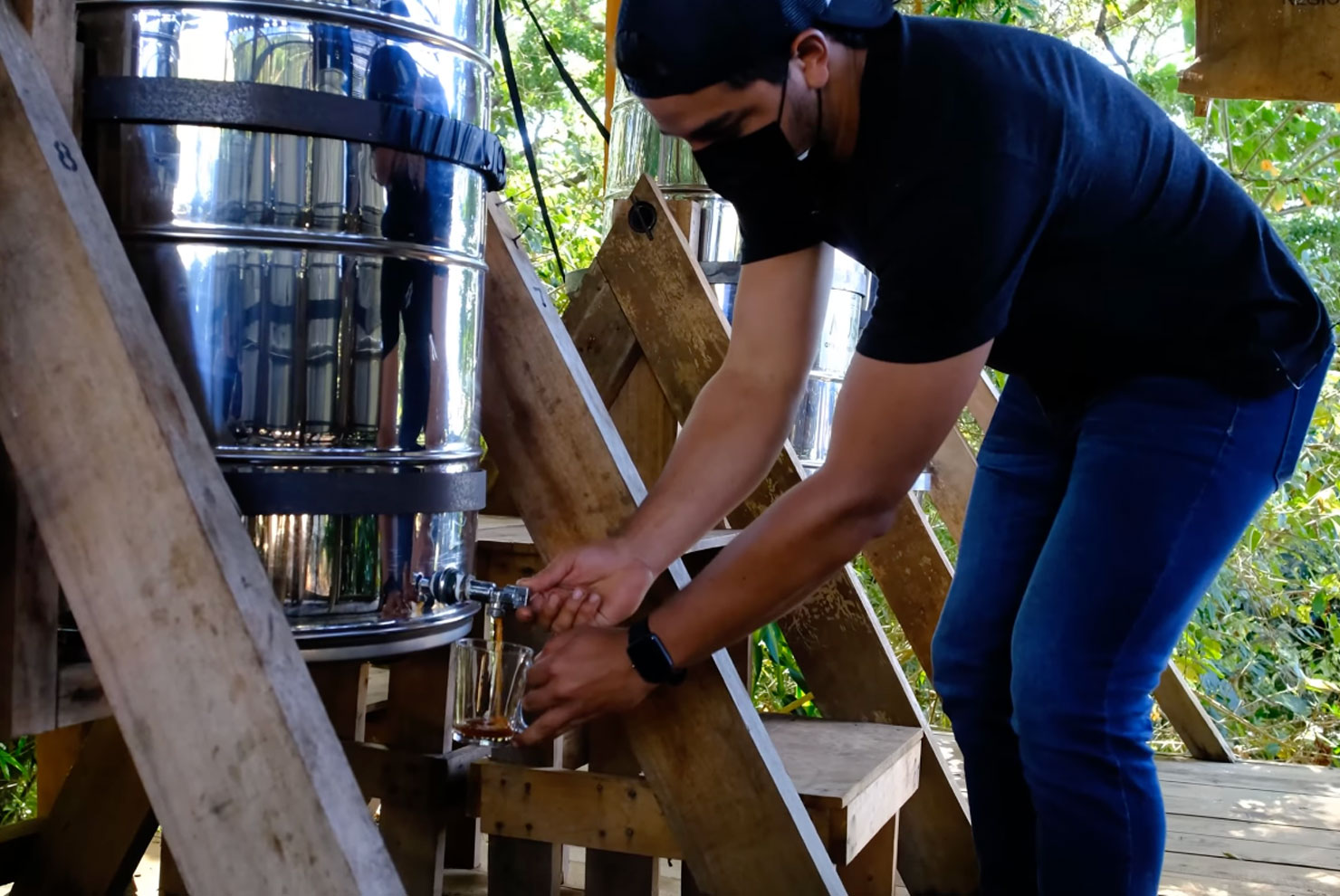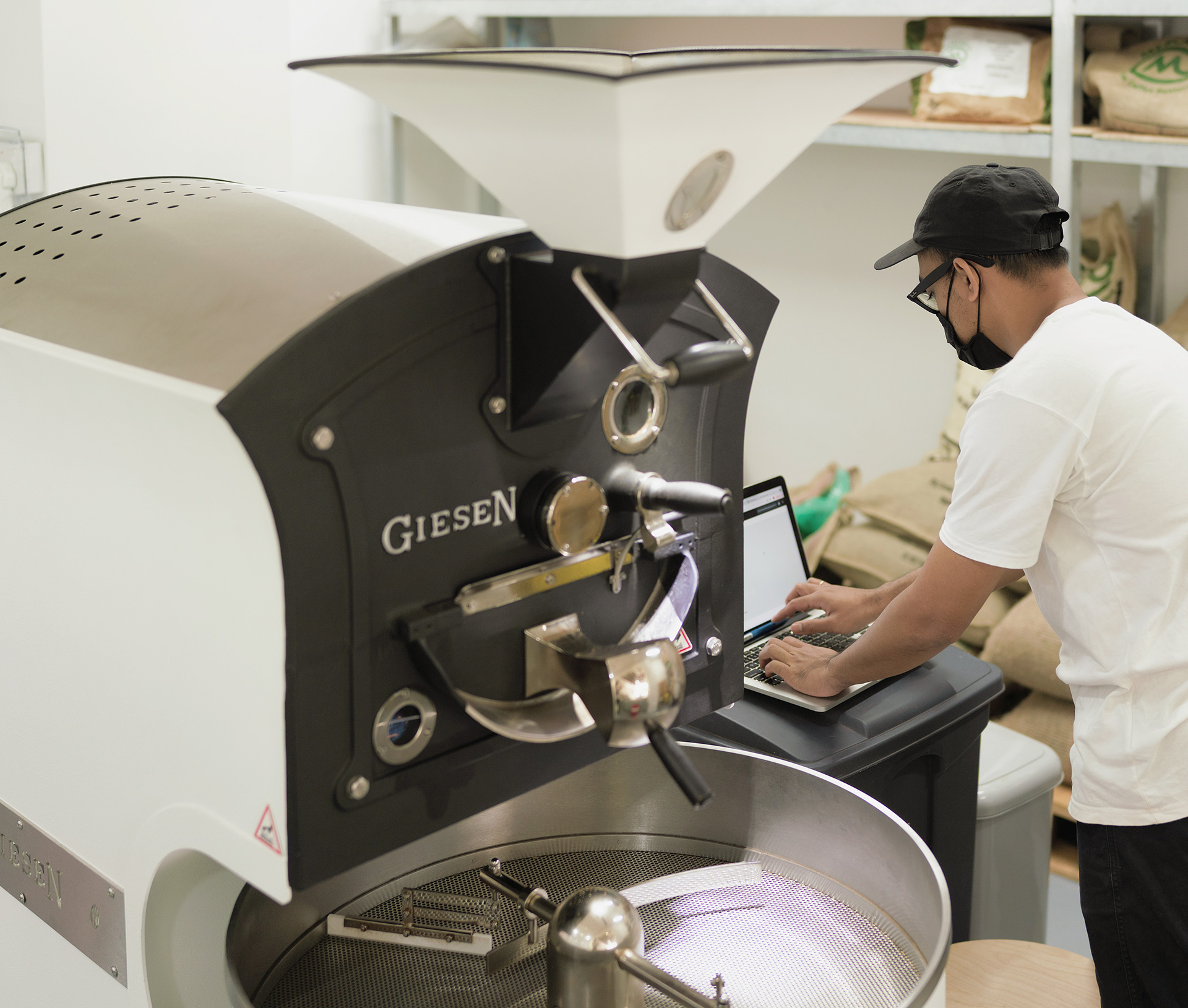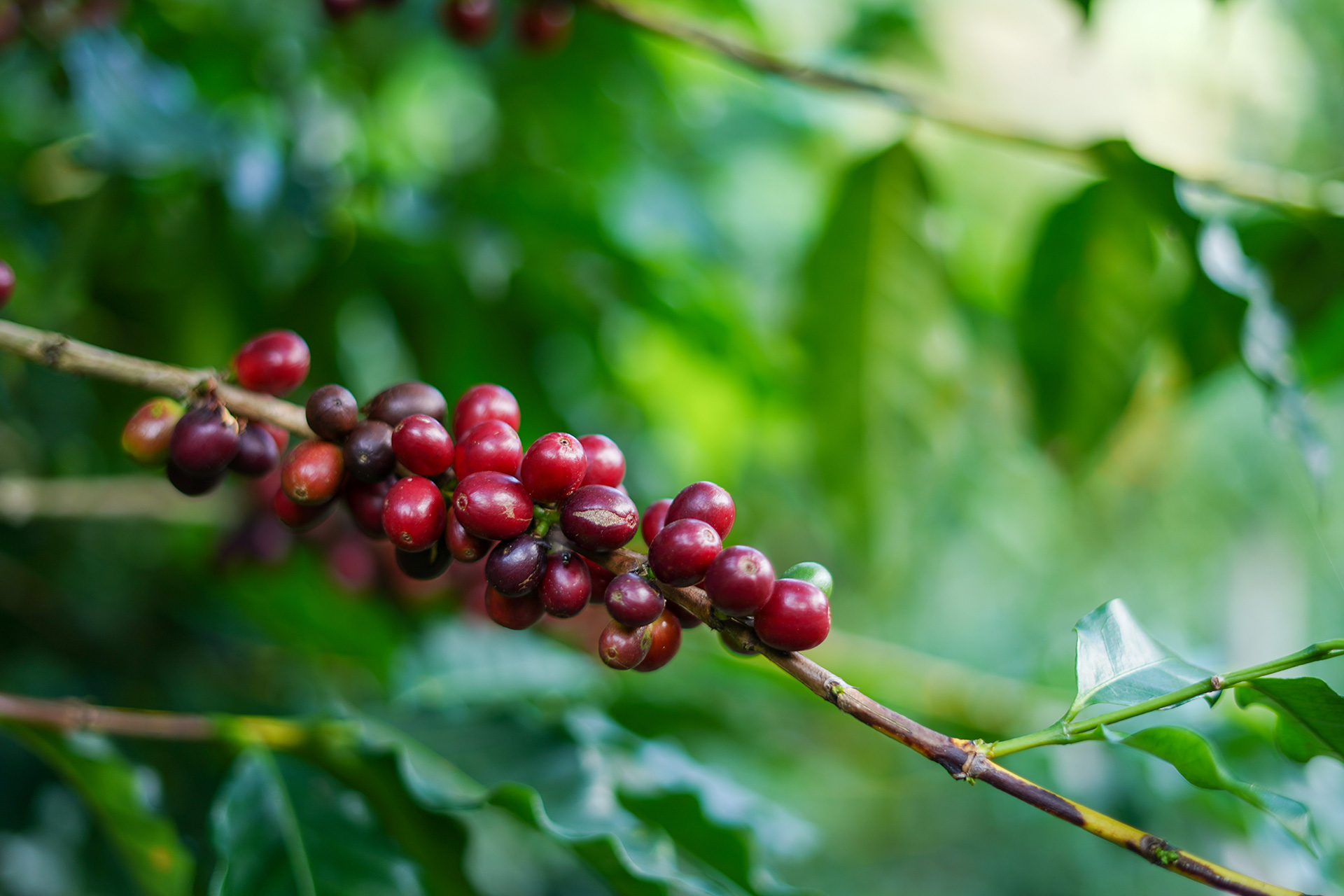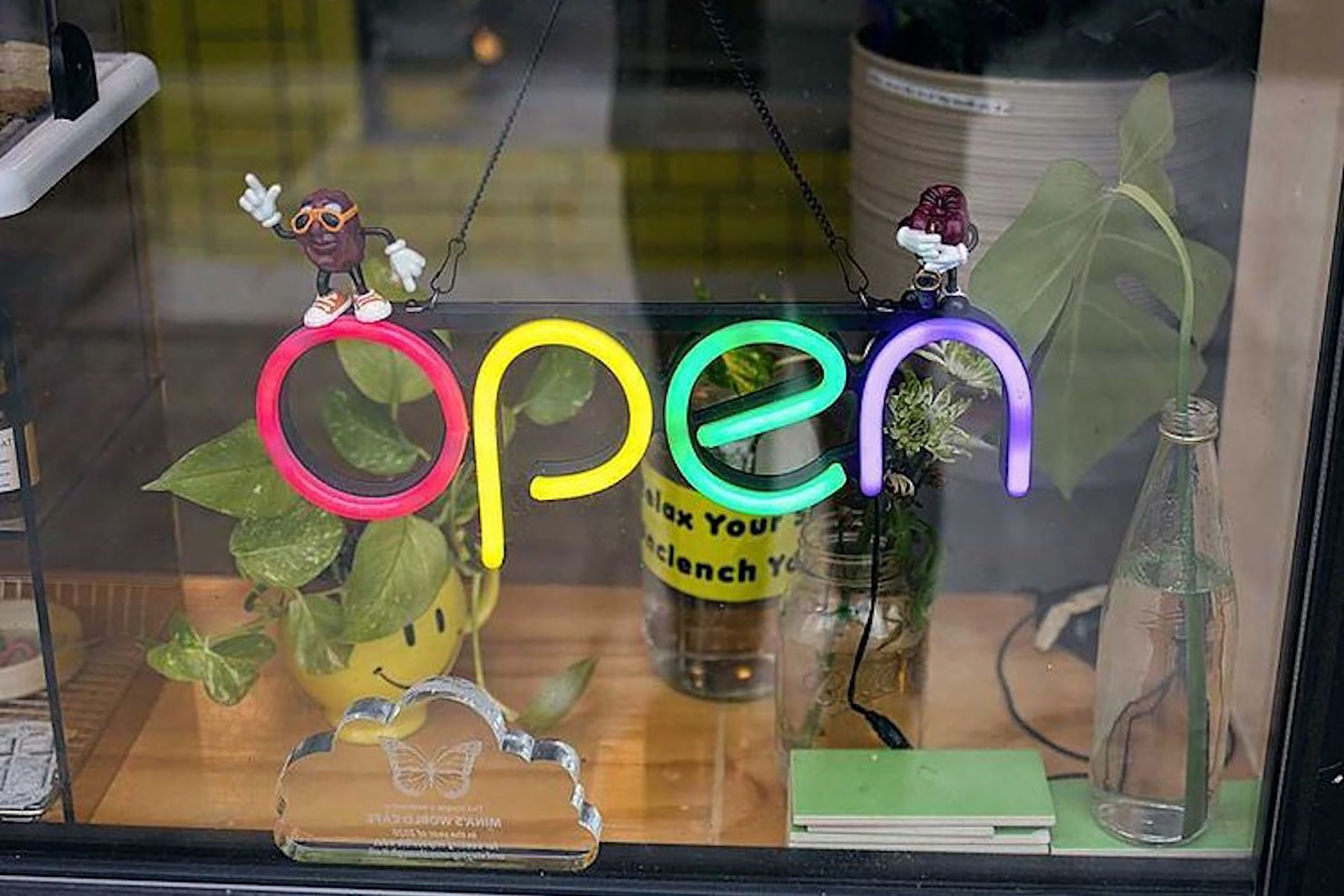Low coffee prices, bad weather, the rising peso, and increasing costs of production created a perfect storm for coffee growers in Colombia to take it to the streets. Strike organizers called to action thousands of growers in Antioquia, Huila, Risaralda, Quindio, and Tolima to rally against a government they claim isn’t doing enough to protect the livelihoods of coffee growers:
Strike organizers say current subsidies are not enough to prevent small growers from losing money per bag of produced coffee.
“[Farmers] are paid $282 for a sack of coffee but the cost of producing it is $366,” he said. “These are small farmers. They are poor. The culture of coffee growing is important to Colombia but we cannot continue like this…We are facing an economic crisis, a social crisis, an institutional crisis and a crisis of production,” strike organizer Victor Correa told Colombia Reports in January.
Here’s a breakdown of what we’ve been following this week:
On Sunday, Colombia coffee growers federation Fedecafe rejected an imminent growers strike:
Fedecafe, the federation representing Colombia’s coffee growing industry, said it supported President Juan Manuel Santos who on Saturday said a strike would be “unjustified,” claiming his government has spent most money in support of the ailing industry compared to any previous administration.
“We agree with this qualification of the protests as ‘unjust’ because not only are we witnesses, we are also beneficiaries of decisive governmental aid and because at the root and direction of the convoked mobilization there is clear manipulation for political reasons,” said Fedecafe chief Luis Genaro Muñoz in a press release.
Tens of thousands of coffee growers are planning to strike Monday to demand in increase in subsidies for the coffee sector.
On Monday, growers indeed went on strike:
Thousands of Colombian coffee growers went on strike Monday demanding that the government provide greater financial support for the struggling industry.
While the exact number of protestors has not yet been determined, initial reports indicate that upwards of 30,000 people have taken to the streets in the departments of Antioquia, Huila, Risaralda, Quindio, and Tolima.
On Tuesday, protests escalated as arrests, road blocks, and use of police force were reported:
Colombian coffee growers across much of the country fought with anti-riot police, blocked roads and demanded government aid Tuesday on the second day of a work stoppage to call attention to the critical situation facing Colombia’s coffee industry.
At least 59 farmers who had set up makeshift roadblocks in Antioquia and other coffee-growing areas were injured Monday when police moved in to clear roads and highways. By Tuesday, the protests had spread to about 10 of the country’s 32 regions and there were numerous reports of arrests.
On Wednesday, as police used tear gas and “stun grenades” on growers, the International Coffee Organization spoke out in support for the national coffee bodies:
The ICO, an intergovernmental group, on Wednesday took the unusual step of releasing a statement in support of the Colombian Coffee Federation, terming it a “role model” for producer organisations.
The 85-year-old federation, which represents some 500,000 growers, “has ensured sustainability and a better life for coffee growers in Colombia throughout its existence,” said the ICO, which typically reserves its comments to trade and prices.
Adding to the drama, Colombia’s notorious FARC rebels have declared “solidarity” with the striking farmers, and are thought to be playing a part in the ongoing roadblocks. Al Jazeera has some fantastic coverage of the situation, including top tweets from citizen reporters translated into English. As far as supply is concerned, it’s already very late in this part of Colombia’s twice-annual harvest season; most coffee is already at port, and coffees won’t ship again until May or June.
Watch for more as this story develops.























